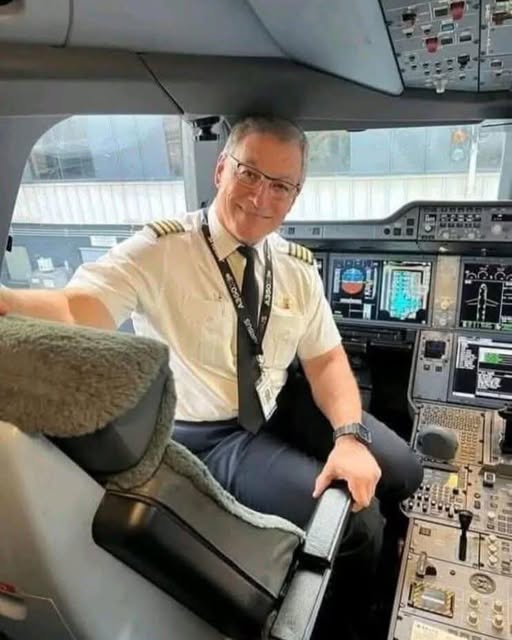The airline’s decision to put me in an Airbus A350 cockpit one year from retirement raised eyebrows. At 64, I was supposed to be winding down, not learning the most complex airliner ever built. The whispers were hard to ignore: “He’ll never make it through training.” “Too old to adapt.”
They didn’t know me. Six months later, I was fully certified – not despite my age, but perhaps because of it. Decades of flying had taught me how to learn efficiently, how to separate critical information from noise. The manuals were daunting, but experience was my secret weapon.
On what should have been a routine Singapore flight, that experience became priceless. When hydraulic failure warnings lit up the cockpit, my young copilot’s hands trembled on the controls. My own remained steady, guided by muscle memory from similar crises past
The next 90 minutes were a masterclass in aviation emergency management. Diverting to Honolulu in worsening weather. Compensating for failed systems. Finally wrestling the massive aircraft onto a rain-slicked runway without full automation. Every decision came from somewhere deep – the accumulated wisdom of 36 years aloft.
As passengers disembarked unaware of how close they’d come to disaster, my copilot shook his head in awe. “That was… incredible.” I just nodded. Age hadn’t slowed my reflexes – it had sharpened my instincts in ways no training program could replicate.


